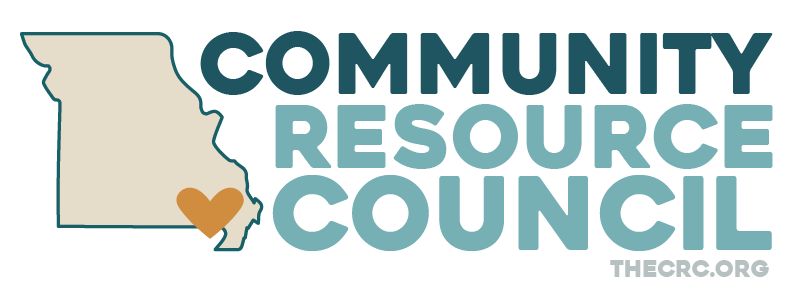Would you be okay with your 11-year-old trying a sip of your wine at a special occasion? What about trying a vape with nicotine? What about drinking a beer with friends? For many of us it is easy to answer these questions when we are thinking about an 11-year-old. However, what if we asked these same questions about your 18-year-old. Do your answers change? In 2020 the Missouri Student Survey polled 474 students grades 6-12 right here in Butler County. 87.9% of the students surveyed said their parents feel it would be “wrong” or “very wrong” to smoke tobacco. Was your child one of those in the 87.9% that answered this way or were they a part of the 12.1% that did not believe their parents have a problem with them smoking tobacco.
As our children grow things change. While we may not be okay with our 3-year-old using the stove to prepare a meal, this could be normal and acceptable behavior for a 17-year-old. As caregivers it is important for us to recognize that our standards for behavior change as our children become more responsible and independent. It is also important for us to remember as caregivers that we cannot expect our children to know our standards for behavior if we are not clear about them ourselves. We need to have frequent conversations with our children about our expectation and be clear about how these change as they grow older.
One of the biggest and most influential protective factors we can give our children is setting clear standards for behavior. I want you to imagine for a moment that your child comes to you and asks you if they can play in the middle of the road near a busy intersection. Most caregivers would agree this is in no way acceptable behavior, and if your child asked your response might be something along the lines of “No, you could get hit by a car. It is not safe to play in the road.” Some caregivers may even go as far to set a healthy boundary. Perhaps something like “You can play inside the fence in the backyard.” This seems like common sense to most of us. We are not setting this standard to be mean parents we are sharing our standard with our children in an effort to keep them safe. I challenge you to apply this exact same form of thinking to substance use.
When we talk about substance use, sometimes it can be more challenging to talk about than playing in the road. It is possible that we aren’t clear ourselves on our standard, or possibly that we aren’t prepared to explain why we feel that way. When we talk to our children about substance use, we need to be clear on exactly what our expectation is. Does your child know how you feel about vaping nicotine? What about vaping substances without nicotine? What about hanging out with other kids who vape? It is important that you are able to share exactly how you feel about these situations, but also to explain WHY you feel that way.
I have come across many caregivers during workshops that are afraid to talk to their children about substance use because they use substances themselves. Maybe, they feel like their children won’t listen to them about not drinking alcohol because they frequently have a glass of wine with dinner. These can be extremely difficult conversations to have with our children, however avoiding the conversations doesn’t do anyone any favors. I encourage all caregivers to really examine your views and be willing to have open and honest conversations with our children. This includes talking about the fact that just because an adult uses substances doesn’t make it acceptable for a child to do the same. Perhaps your reasoning is that it is illegal for those under 21 to drink alcohol, or that at 17 their body is still developing, and alcohol can have much more harmful effects on developing bodies and minds. At the end of the day, we must recognize that favorable parental attitudes towards substance use is a risk factor that puts youth more at risk for using substances.
After you have spent some time reflecting on your expectations for your children regarding substances, I encourage you to write them down. Write the exact expectation for each child, along with a reason why you feel that way. Make sure you have a clear expectation about alcohol, marijuana, tobacco, and vaping. You can also include expectations about violence, stealing, lying, sex, prescription drugs, or any other risky behaviors. After you have reflected and written your expectations, use these expectations to have a conversation with the children in your life. Many caregivers have reported it is helpful to start out these conversations by talking about how much they love their children, and the kind of life they envision for them.
If you need more help learning about ways to talk to your child about substances, I encourage you to visit "Talk. They Hear You."® Campaign | SAMHSA. Also, if you would like more information from the 2022 Missouri Student Survey about youth substance use in Butler County you can find that here. Butler County MSS 2022[7391].pdf
